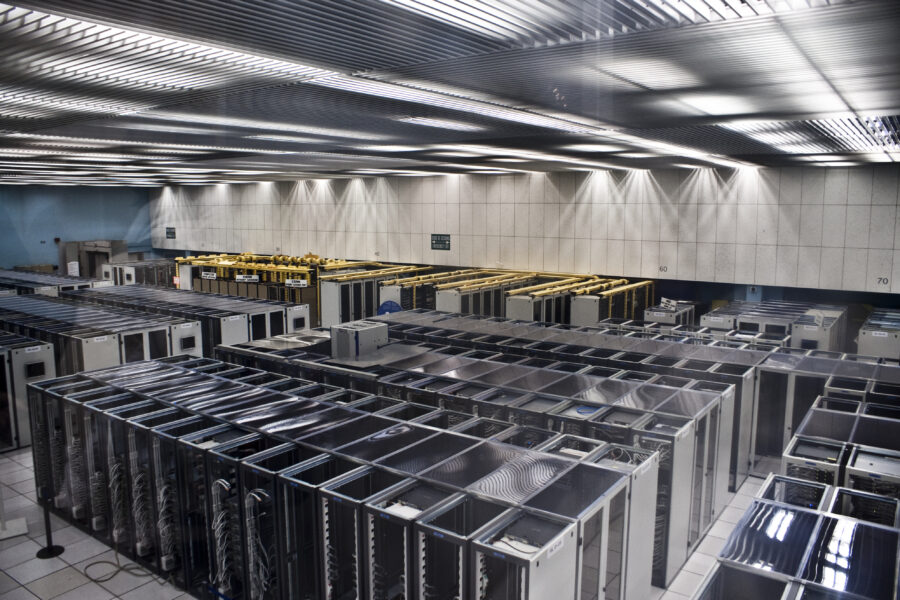
Have you ever thought about how your late-night ChatGPT sessions might be contributing to global warming? As it stands, the AI tools we have come to rely upon so significantly carry a hefty environmental price tag. The data centres used to power AI systems require a staggering amount of energy, not just for processing data but also for cooling, a process necessary to prevent servers from overheating. This raises the question, do the benefits AI provide us outweigh the negative impact running these systems has on our environment?
Tech giants have an appetite for energy, leaving them facing what is known as an ‘energy crunch’. Companies like Meta are in a race to build the infrastructure necessary to support their AI systems. Their latest proposal? Nuclear energy. The ability to produce vast quantities of power in a manner that contributes minimal carbon emissions aligns with Meta’s goals for reliable, but also sustainable energy. With the rise of AI and the energy demands that come alongside such high-power systems, sustainability and environmental awareness are crucial. Microsoft confirmed a 29% increase in their greenhouse gas emissions since 2020, whilst Google calculated its own pollution to have increased by upwards of 48% since 2019. Both companies pin the most blame on new data centres, specifically designed to support AI.
However, it is not just greenhouse gas we need to worry about, as Zuckerberg’s nuclear plant was shot down due to the threat it posed to wildlife. Whilst nuclear energy may present a source of energy that is less taxing on the ozone layer, Meta ran into trouble as their plans threatened the extinction of local bee populations. Thankfully in the decision between AI or pollination, Meta took these concerns of biodiversity seriously and paused their plans.
Not all solutions need to be on a ‘Meta’ scale
Not all solutions need to be on a ‘Meta’ scale, as an Exmouth swim centre has developed a way to mitigate wasted energy. Utilising redundant heat from a small-scale AI data centre, Exmouth Leisure Centre has managed to heat their pool to 30°C, around 60% of the time. Meanwhile, in Stockholm, excess data centre heat is harnessed into the city’s heating network, an initiative that has reduced CO2 emissions by 50g per kilowatt/hour.
AI data centres contribute about 1% of global CO2 emissions, a daunting figure for such newly developed software. As the demand for AI grows, so does the strain on the planet. In order to match these demands, renewable energy, smarter infrastructure, and stricter regulations will need to be implemented to ensure tech developments do not become unsustainable. Whilst small-scale projects like those in Exmouth, and Stockholm won’t solve AI’s energy consumption problem, they suggest that with ingenuity, AI’s environmental impact can pose opportunity. Who knows, the next time you ask ChatGPT for advice, you can take comfort in the fact the heat it is producing might be heating someone’s home!


